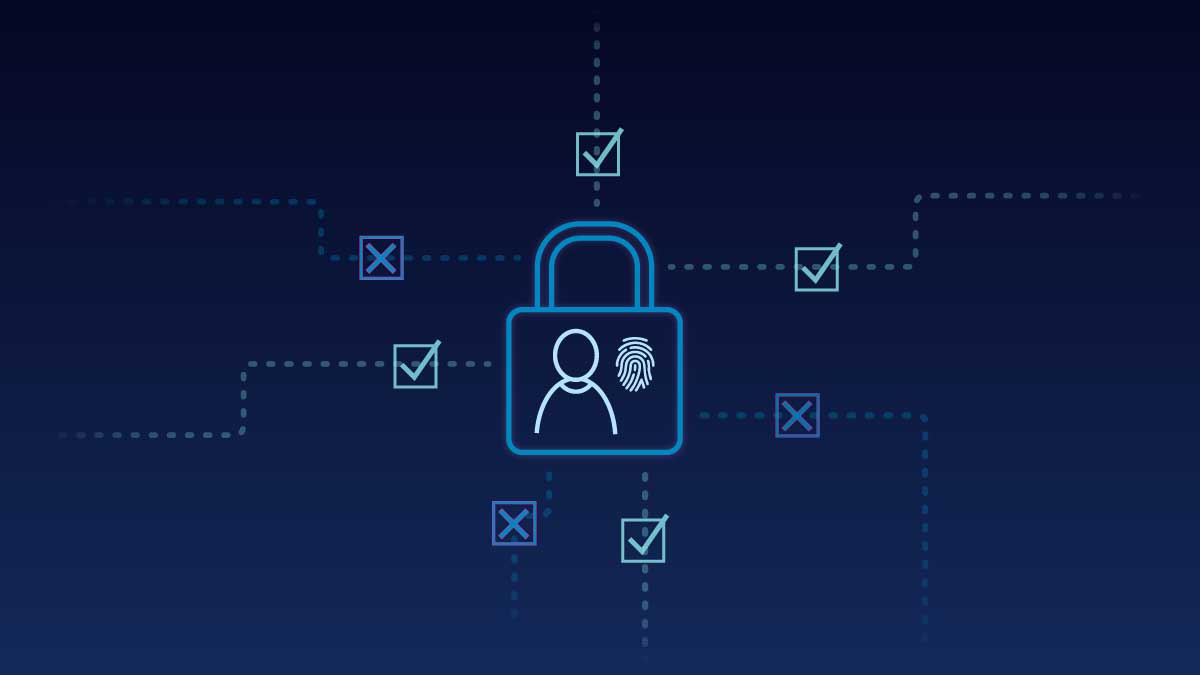Nordicapis
3w
326

Image Credit: Nordicapis
Why APIs Need Better Identity and Access Management
- Identity-based breaches account for 80% of cyberattacks with more than one-third of data breaches involving internal actors. Comprehensive identity and access management (IAM) policies, like a common identity platform leveraging OpenID Connect and OAuth standards, are essential in regulating access.
- API unsecuritization remains a risk-level threat because IAM is not efficient or robust enough. Inconsistent or weak processes undermines organizational integrity against the risk of non-compliance penalties or unapproved data access.
- Zero trust architectures mitigate credential theft risks and unauthorized access; multi-factor authentication, real-time threat identification and reporting can further strengthen IAM policies.
- Least privilege mechanisms for access control, as well as granular access control and JWTs will be relevant for IAM and APIs for the foreseeable future.
- Unfortunately, even with advanced IAM policies, vulnerabilities, such as the recent 2023 OAuth vulnerability, may go unaddressed by an organization without a comprehensive and proactive approach to risk mitigation.
- Employees have inappropriate access to sensitive data. About 70% may obtain insufficient access after leaving organizations.
- IAM seeks to balance compliance and security risks for all stakeholders. Cloud-based IAM solutions, a common identity platform leveraging OpenID Connect and OAuth standards, hardware keys, and passwordless authentication methods are replacing on-premise solutions.
- APIs need a robust IAM system and modern access control like a common identity platform to integrate with API management tools. OAuth's access token can match passwordless authentication to regulate usage control policies.
- IAM is essential in the API space with robust mechanisms like multi-factor authentication, least privilege, granular access control, and JWTs being relevant for the foreseeable future.
- As identity and access management continues to evolve, so will the methods employed by cyber criminals. Organizations cannot afford to rest on their laurels and must constantly review and improve identity and access management policies to maintain organizational integrity and customer trust.
Read Full Article
19 Likes
For uninterrupted reading, download the app